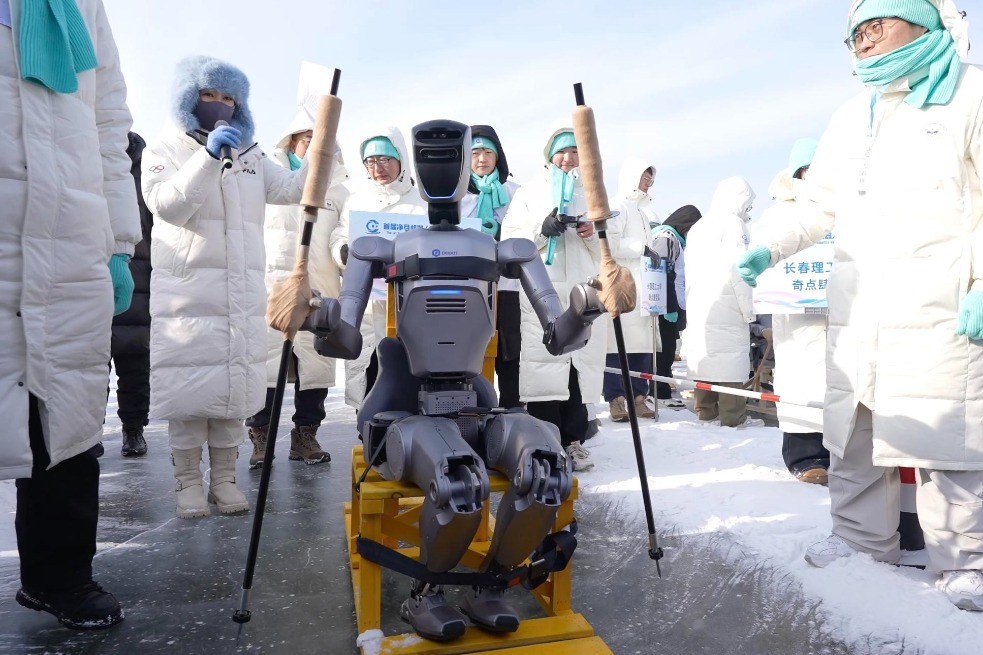WHO stops drug trial over death rate concerns

The World Health Organization said on Monday that it has suspended the trial of hydroxychloroquine as a drug to be used in the treatment of COVID-19 after an article in medical journal The Lancet suggested it caused a relatively high death rate.
Launched by the WHO and its partners, the Solidarity Trial initiative aims to evaluate the safety and efficacy of four drugs and drug combinations, including hydroxychloroquine, against the virus.
More than 400 hospitals in 35 countries are actively recruiting patients and so far nearly 3,500 patients from 17 countries have been enrolled.
On Friday, The Lancet published an observational study on hydroxychloroquine and chloroquine, and their effects on hospitalized COVID-19 patients. The authors reported that among patients receiving the anti-malaria drug, when used alone or with a macrolide, a higher mortality rate was estimated.
WHO Director-General Tedros Adhanom Ghebreyesus said that the executive group of the Solidarity Trial, representing 10 of the participating countries, met on Saturday, and had agreed to review a comprehensive analysis and critical appraisal of all evidence available globally.
He said the review will consider data collected so far in the Solidarity Trial and, in particular, robust randomized available data, to adequately evaluate the potential benefits and harms of this drug.
"The executive group has implemented a temporary pause of the hydroxychloroquine arm within the Solidarity Trial while the safety data is reviewed by the Data Safety Monitoring Board," he said.
The Lancet study involved 96,000 COVID-19 patients, nearly 15,000 of whom were given hydroxychloroquine, or its related form chloroquine, either alone or with an antibiotic. It found that these patients were more likely to die in hospital and develop heart rhythm complications than other COVID-19 patients in a comparison group.
At Monday's briefing, Tedros was also asked to comment on China's State Councilor and Foreign Minister Wang Yi's remarks on Sunday that China is open to international scientific study of the origin of the coronavirus that causes COVID-19.
He said the study of the origin of the virus is not new, and the group of international experts visiting China in February have already agreed on that. "So it has been on the table. It's a matter of continuing and doing it."
Mike Ryan, executive director of the WHO Health Emergencies Program, said he is very pleased to hear a very consistent message coming from China, which is one of openness to such an approach.
Ryan said he was pleased to see the publication of the first peer-reviewed publication of the vaccine study from China, and many other scientific publications on COVID-19 from China over the last months.
Today's Top News
- PBOC cuts rates on targeted monetary tools
- Legal tools essential for AI regulation
- China calls for dialogue on Iran situation
- Denmark rebuts Trump's Greenland security claims
- China, Canada vow to enhance bilateral ties
- Xi's speech at Central Urban Work Conference to be published






























